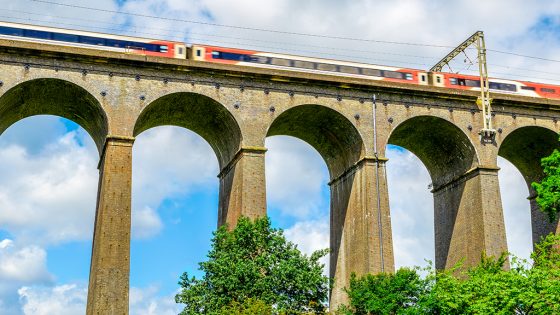Infrastructure projects are being held back in rural areas due to inflated material prices, MPs have warned.
In a House of Commons adjournment on infrastructure procurement on Monday (20 February), two MPs from the Scottish National Party (SNP) and Democratic Unionist Party (DUP) argued that creating a centralised access point for infrastructure material would help to level the difference between material prices in rural and urban settings and push forward construction projects across the country.
Alan Brown, SNP MP for Kilmarnock and Loudoun, said that there is “always a rural premium” on construction prices.
“[That means] people living in rural areas suffer disproportionately when it comes to infrastructure, upgrades, energy efficiency and heating their homes,” he added. The higher material prices mean project prices are also prone to soar, potentially causing councils to have to dip into their reserves to keep public projects going.
Jim Shannon, DUP MP for Strangford, suggested that a “centralised access point for infrastructure materials” could help to deal with the problem.
“[It would be] a way of ensuring that each council area and constituency can access the same material for the same cost and begin to build what is broken in the way that it should be done in each area,” he said.
A centralised access point would mean that prices for each material would be constant across the UK, reducing competition between councils when it comes to procuring and carrying out work.
Brown supported the proposal, saying: “That’s a fair point.”
The debate also featured calls for better financial planning around nuclear and rail projects, with Brown calling the approach to nuclear projects “classic ‘penny wise, pound foolish’”.
“The government are kidding themselves about nuclear, because they still estimate that Sizewell C will cost only £20bn,” he said in the debate, referencing the cost of Hinkley Point C soaring to around £46bn.
Construction material prices climbed sharply in 2020 following the Covid pandemic and the war in Ukraine. Though prices have fallen slightly, they remain substantially higher than they were before 2020.
Projects including HS2 have pinpointed material price increases as a reason for their price inflation, while companies have also had to contend with increased fuel prices.
Construction News approached the Department for Business and Trade for comment.

